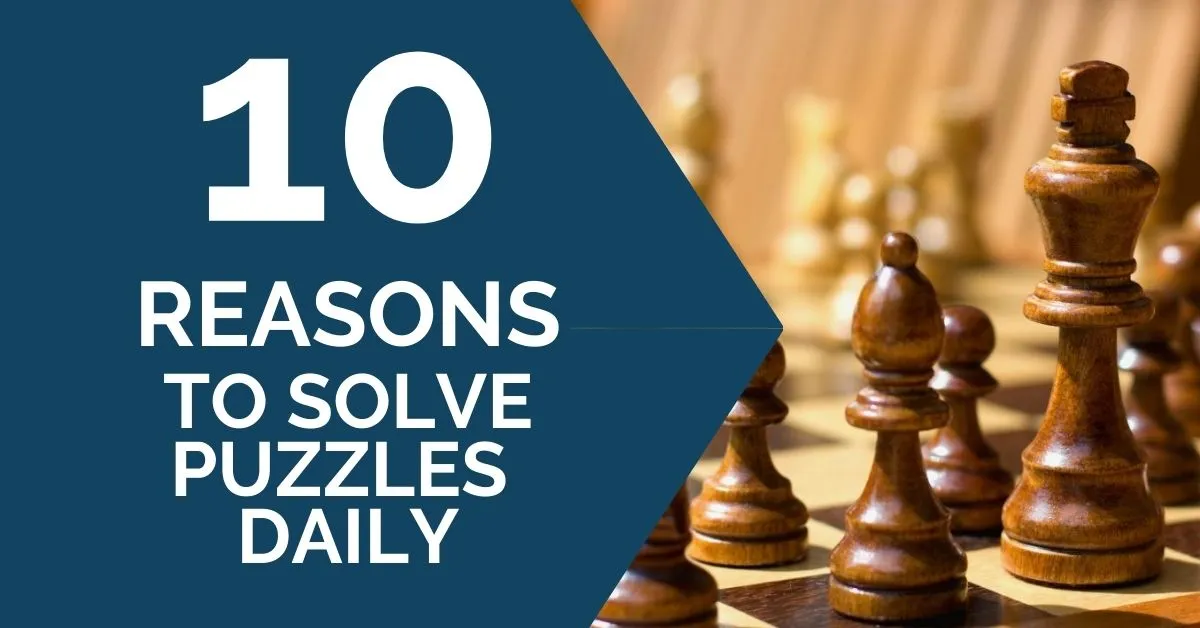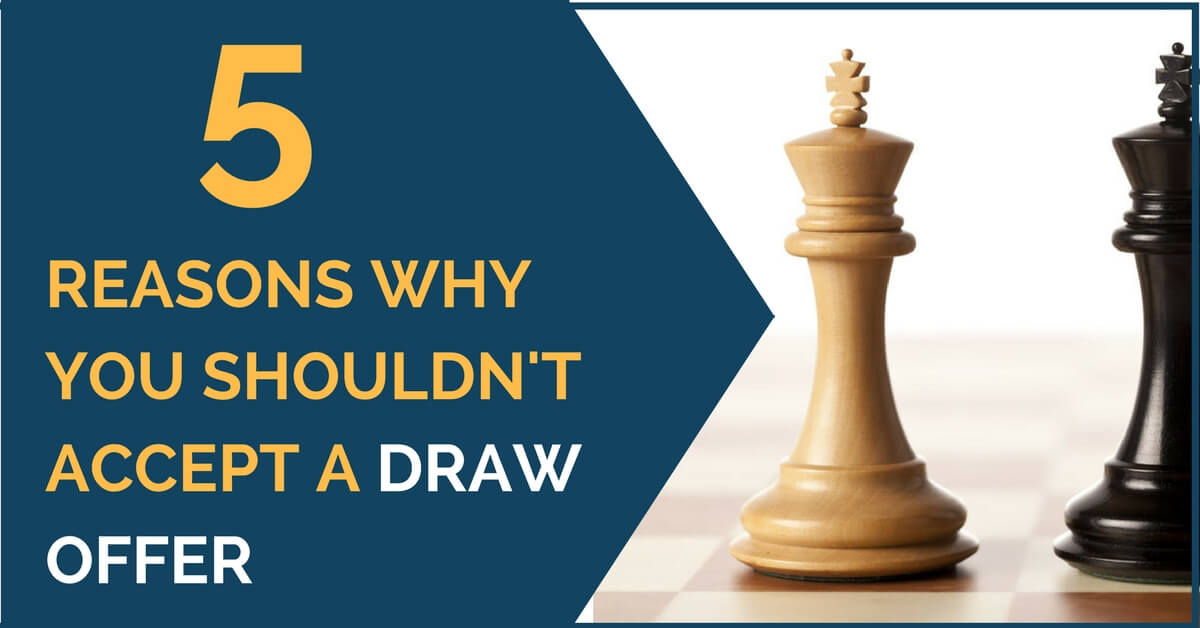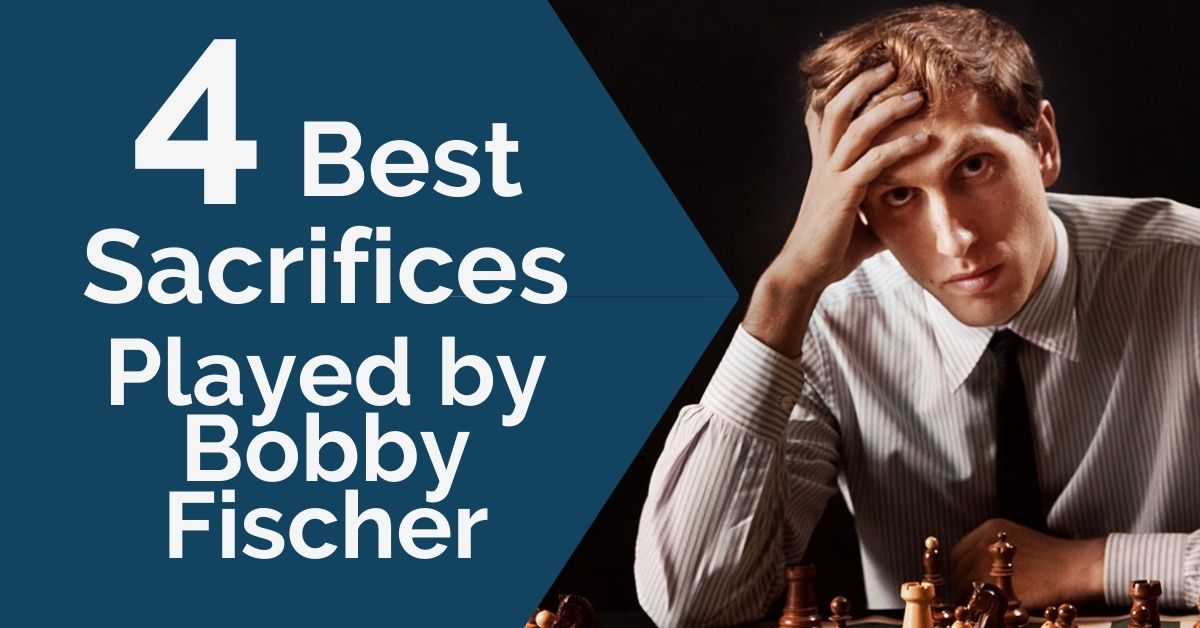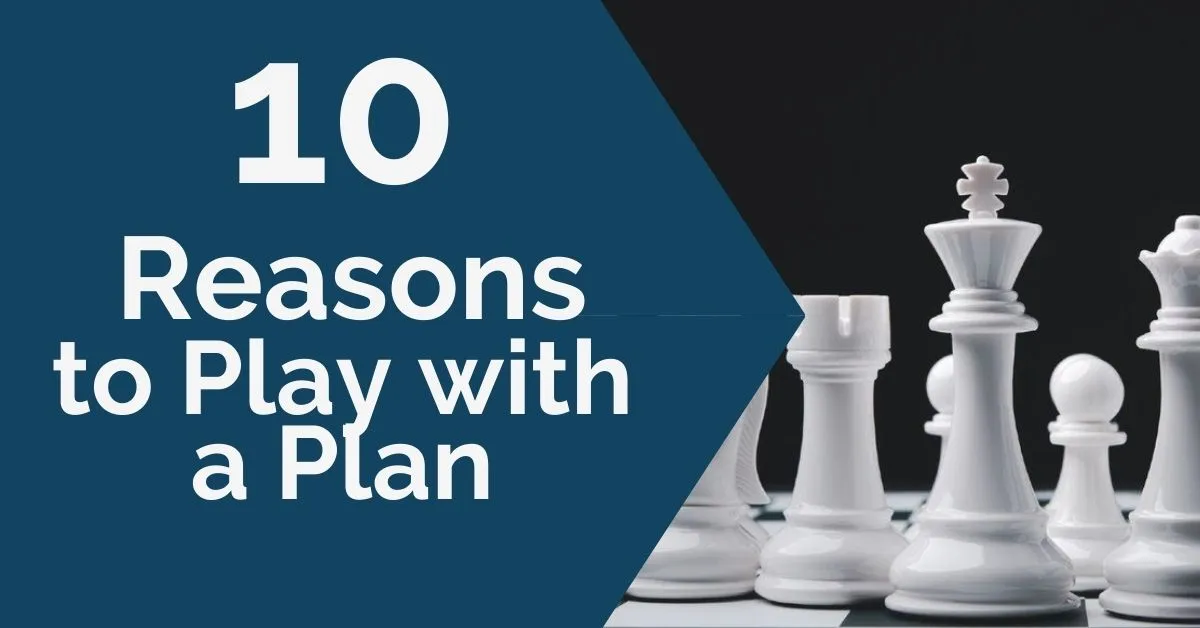Chess Puzzles: 10 Reasons to Solve Them Daily

Chess puzzles and their solving, seeing many instructive games, and learning typical ideas are very important in this game. As in any other sport, hard training is always the key to improving your level. If you want to become a better player, you need to get your chessboard out, set the pieces, and start training. A complete training plan should cover all stages of the game, especially the ones you struggle with. Some players prefer aggressive play, others positional. In training, you should cover everything, from openings to endgames. And when I say puzzles, I mean all kinds of puzzles – tactics, strategy, and endgame puzzles. Solving some daily is highly beneficial for a number of reasons:
1. Improve your tactical vision.
What does that mean? It means that by solving many easy tactics you will, in time, be able to spot them way faster. You will get used to identifying the possible targets almost immediately and see the ways you can use them in your favor. You’ll be able to spot motifs like double attacks, pins, back rank weakness, overload, and many others in a very short time.
2. Chess Puzzles: Train your imagination<.
Solving puzzles will not only help you spot them faster but will also help you learn how to build them. By training your mind to find hidden tactical ideas in some positions you will develop your imagination. In your games, this can translate into seeing deep tactical ideas or being able to set clever traps for your opponents.
3. Train your calculation.
When solving tactics you also train your calculation. It’s a good way of getting our minds used to looking for active moves and searching for the best ways to defend our opponent.
4. Chess Puzzles: Keeps your mind sharp.
When you take a break from chess, the comeback is the most difficult part. It doesn’t even have to be a big break – a week can be enough to throw you off your good habits. The mind tends to get lazy and getting back into the habit of training can become more difficult. Solving a few puzzles a day keeps you in touch with chess and your mind working, so you can easily increase the volume of training when you decide to.
5. Learn new patterns.
Solving different positions is also about learning new ideas, new or less common patterns, or typical plans you haven’t seen before. For example, an exchange sacrifice for the initiative may seem like a basic idea for an experienced player, but it might not come so easily to a player who’s not very familiar with it. By solving puzzles you come across all these ideas that you will be able to eventually incorporate into your games.
6. Chess Puzzles: Learn to recognize patterns.
If you’ve solved puzzles for a while, you’ll see that at some point the solution will just “hit” you. That’s because your mind recognizes different patterns you’ve been training in a much shorter time and you can spot the tactical ideas instantly.
7. Improve your visualization skills.
The more you train it, the better it gets. If you still have issues visualizing the lines until the end, don’t give up! Keep training and solving and you will slowly be able to see further down the lines.
8. Chess Puzzles: Improve your intuition.
Intuition is a great skill for chess players. Some players have developed a certain feeling for the position and initiative and decide to go for complicated sacrifices that give long-term compensation rather than an immediate win. Solving puzzles can also help you in this sense – after a while, you’ll be able to better assess and “feel” if a sacrifice gives enough counterplay, even if you’re not able to calculate everything until the end.
9. Improve your positional play.
As I mentioned earlier, puzzles don’t only have to be tactical. On the contrary, it is highly useful to include other types of puzzles in your training as well. Positional puzzles will force you to make decisions in a “normal”-looking position, just like in a game. You just have to make a move and find a suitable plan.
10. Chess Puzzles: Test your knowledge.
Puzzles are also a way of testing yourself in different situations. For example, if you’re solving positional puzzles, you’ll test your knowledge of different types of structures and your ability to identify the plusses and the minuses of a position. You can do the same with endgames and review your knowledge of some basic drawing or winning techniques.










Comments: